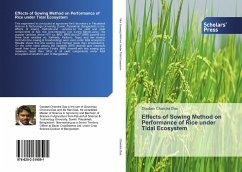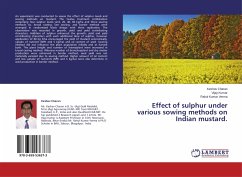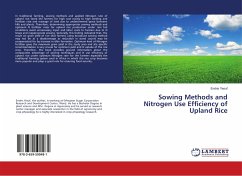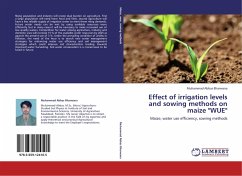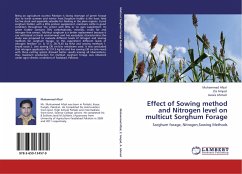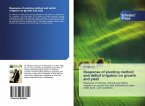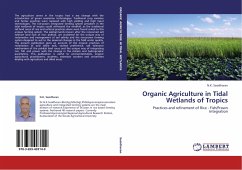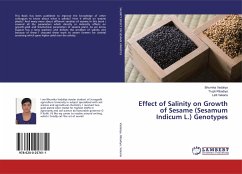This experiment is conducted at agronomy field laboratory in Patuakhali Science & Technology University, Dumki, Patuakhali, Bangladesh to the effects of sowing methods and varieties on the yield and yield components of Aus rice (pre-monsoon rice during March-June). Six popular varieties (three HYV viz. BR2, BRRI dhan27, BRRI dann48 and three local varieties viz. Kalihaita, Kaliboro, Tepu) and two sowing methods (line sowing & broadcasting) were used under tidal ecosystem. Results shows that line sowing give highest result than broadcasting. On the other hand among the varieties BRRI dhan48 give maximum result than local varieties. Finally BRRI dhan48 with line sowing give maximum result than other in all yield components under tidal ecosystem of southern part of Bangladesh.
Bitte wählen Sie Ihr Anliegen aus.
Rechnungen
Retourenschein anfordern
Bestellstatus
Storno

